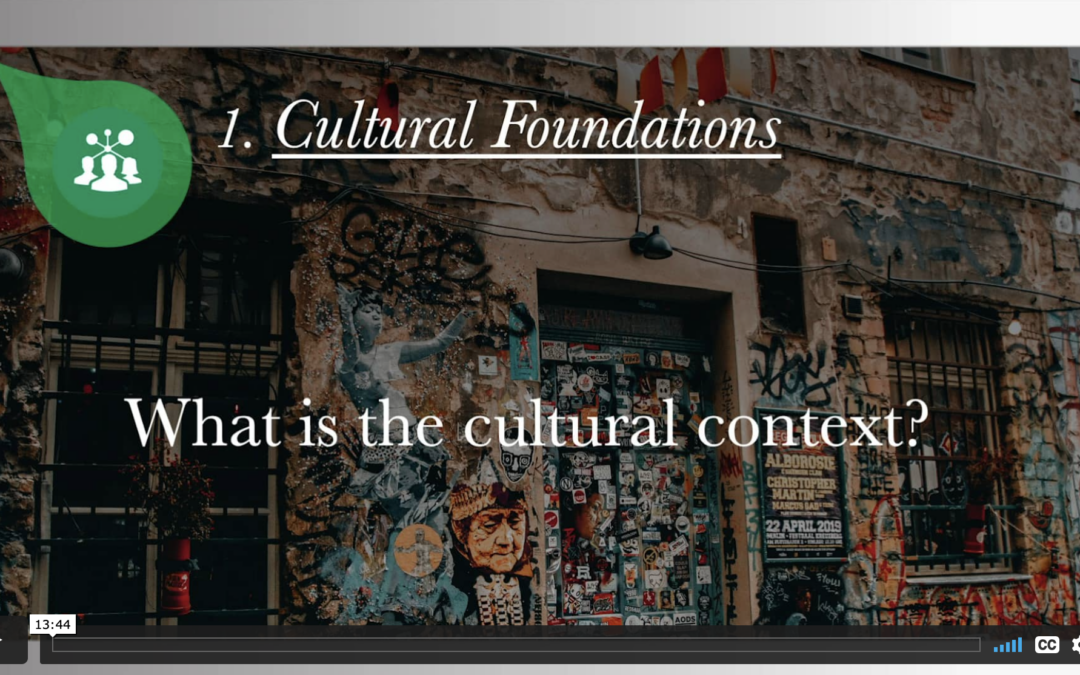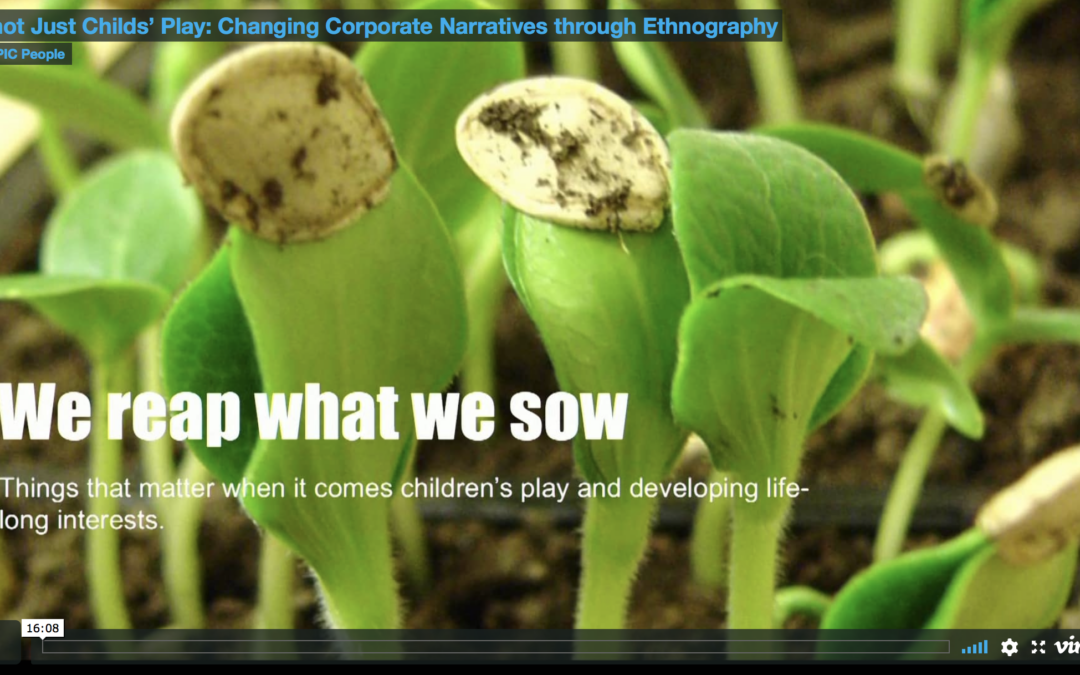Across two decades, our journey as research practitioners has been undeniably dynamic, defined by moments of...


Across two decades, our journey as research practitioners has been undeniably dynamic, defined by moments of...

As digital screens increasingly populate our cities, we are more and more often confronted with their...

India is a country of people belonging to varied socioeconomic backgrounds. Patriarchy is very much evident in...

Despite companies facing real consequences for getting ethics wrong, basic ethical questions in emerging technologies remain unresolved. Companies have begun trying to answer these tough questions, but their techniques are often hindered by the classical approach of moral philosophy and...

Case Study—After discovering that there were over 25 projects going on in various business units in the company that involved children as end users, and that most people had a limited understanding of children's play, the researchers proposed a multi-cultural ethnographic project called...

Rapid socio-technological change is underway in the world of work. The Xerox Future of Work team conducted ethnographic studies to explore the impact of these changes on the use of paper, printing, and electronic documents. Study findings revealed needs and requirements for workers of...

In this session, Laura Forlano and Danya Glabau teach participants how to apply Critical Cyborg Literacy to...

Ethnographers are not time travelers, but we may be close. Our frameworks and methodologies develop a nuanced understanding of how relationships, processes, and objects evolve over time. This 'temporal expertise' is key to enacting our ethical responsibility to the past and future, says...

This yearlong video ethnography of a healthcare clinic that transitioned from a paper process to a scanning solution documents in detail how the new technology impacted different groups in the clinic. While the scanning solution reduced the retrieving, filing, and paper-processing work for the...

This paper examines the politics of visibility – the ways in which the work of ethnographers is positioned inside and outside organizations not only as means of unpacking the “real-world” but often as means to create business and marketing differentiation. We contend that the institutional...